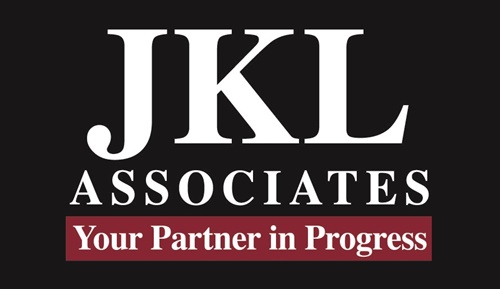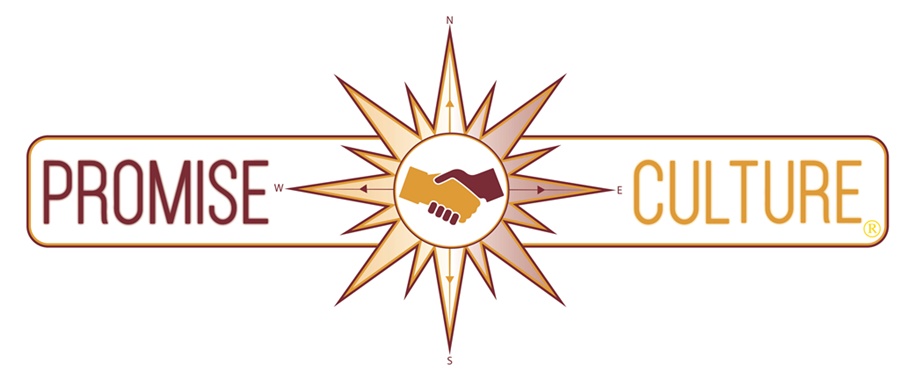What is your Communication preference
Over the past 12 months of 2020 there is one thing which is certain, communincation both the good and the bad, the rational and irrational were conveyed in various ways. As a result of this communincation, we formed views, opinions and plans based on what and how information was communicated.
As we learn from how we took in information and used this in our daily lives it is important to understand what preferences we have for gathering and receiving information. We must also understand and appreciate that others have their preferences. As leaders, if we are not taking the time to craft our communication such that the intended end result is not just received but heard and understood then we are doing those on the receiving end a disservice.
Depending on your communication preferences you may be of the nature to like very direct and to the point language. Conversely to that type of communincation it is not well received by those who prefer a more reflective approach to the receipt of information. If as the business leader you dismiss how others will best receive direction or input, your delivery of data points fall on deaf ears before you even get started.
Maybe you are very outgoing and like to have this type of energy based communication. This meets with your needs. What if the person you are speaking with prefers a much more reserved approach to the conversation. Have you just shut down the opportunity to have a meaningful dialogue?
Let’s say that you are engaging a fellow colleague and you have prepared and laid out your communincation and intend to deliver your points in a very steady and routine way. All sounds very good unless the recipient is a much more dynamic communicator. Your detail and pace may make them wander away from what you are saying.
As a business leader you took some risk at starting or continuing the business you are leading. When you communicate you tend to be a bit pioneering or cavalier in your approach. You feel this is what got you to this point so why pause and consider the other side of the communincation process. Well, just maybe, your colleague needs a more precise or detailed explanation and not just power words and phrases.
We don’t have to look to far back to the election cycle of 2020 to find examples of each of these various ways of communication. In many cases the way the candidate spoke to their constituents or potential constituents caused people to either engage with them or directly pushed them away. This communincation stuff is not just real. It is critical to the future of your organization.
People inside the sphere of your business are paying far closer attention to not just what is said but how the message is delivered. Your take away for this week is that you may want to consider 2021 to be the year that you pause before you open your mouth to communicate. Give consideration to not just what you are about to say but to who it is being conveyed. What will help them better take in your message and to then take action upon it. Do they need direct information or possibly a more reserved approach? Yes, it takes a little more time and yes focus on the communincation process itself. The reality is, how often do you need to communicate a second or third time to move the effort in the right direction? Save all that time by doing it right the first time.
As you seek out your Communication preferences and those of others, JKL Associates is here to give you a hand. Don’t guess! Give us a call at (313) 527-7945 in Michigan or (407) 984-7246 in Florida and let us help you in your journey.

